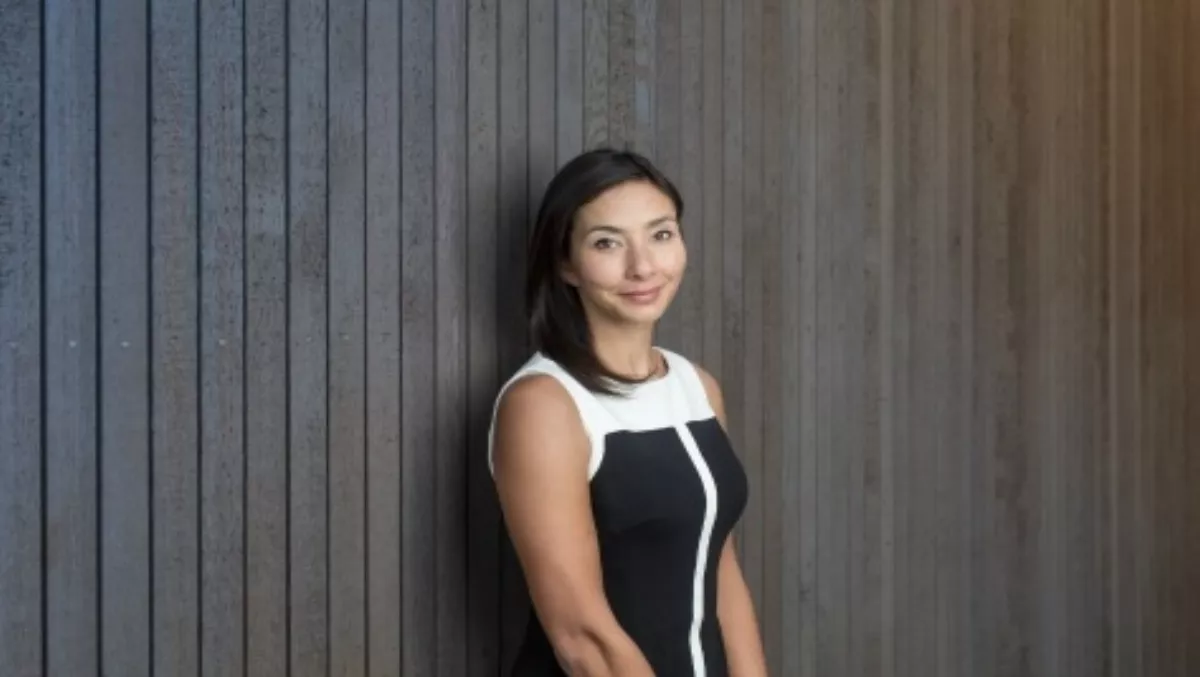
And the Blake Leader Award goes to... Nanogirl
Dr Michelle Dickinson, otherwise known as 'Nanogirl', has been awarded a Blake Leader Award for outstanding leadership at a ceremony in Auckland.
A senior lecturer in Chemical and Materials Engineering at the University of Auckland, Dickinson is a science and technology advocate, and was named a Bright Sparks ambassador earlier this year.
This latest award comes in the same month Dickinson was named in the Queen's Birthday Honours as a Member of the New Zealand Order of Merit.
In the past twelve months, Dickinson has been awarded the Prime Minister's Science Prize for Science Communication and was named Science Communicator of the Year by the New Zealand Association of Scientists.
Dickinson is a popular media science commentator who uses her 'Nanogirl' persona to engage everyday people with science and technology.
She is a strong advocate for more women studying science and engineering at both secondary and tertiary level.
Her charitable work includes the OMGTech! project which gives young people the chance to interact with leading-edge technologies and ideas.
She also ran a '100 Days of Science' event involving dozens of school children participating in science experiments and demonstrations.
"To be recognised for the work I'm doing in the community through this award feels very humbling and I'm grateful to the Sir Peter Blake Trust for being given an award named after a man who showed such incredible leadership and determination," Dickinson says.
Dickinson obtained her PhD from Rutgers University (USA) and her MEng from Manchester University (UK).
Her research involves measuring the mechanical properties of materials from the nanoscale through to the macro scale and she has a special interest in biological material behaviour.
Her background in Biomedical and Materials Engineering combine her interest in both biology and materials science, giving important insights into how nature and technology can learn from each other for future scientific developments.
Her enthusiasm for science goes back to her early years when she learned soldering and computer coding by the time she was eight years old.
She credits her father with encouraging her natural talents and interest.


